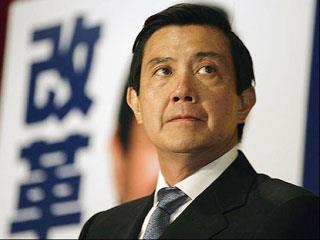by N. Peter Kramer
Taiwan’s proposal: the East China Sea Peace Initiative
The resolution of the sovereignty issue will take time, but there are steps we can take immediately to reduce tension and foster peace. On August 5, 2012, Republic of China President Ma Ying-jeou proposed a two-stage East China Sea Peace Initiative based on the concept that while sovereignty is indivisible, resources can be shared. Therefore, the Peace Initiative calls upon the parties concerned, People’s Republic of China, Japan and Taiwan, to replace confrontation with dialogue, shelve territorial disputes through negotiations, formulate a Code of Conduct in the East China Sea and engage in joint development of resources.
Peaceful resolution of disputes, according to President Ma, is generally achieved in one of the four ways: negotiation, mediation, arbitration, and litigation. These approaches are not necessarily mutually exclusive, but must all begin with negotiation. He mentioned two stages. The first one is to shelve territorial disputes through meaningful dialogue and the second one to share resources through joint development. President Ma said: ‘we can move from three parallel tracks of bilateral dialogue (between Taiwan and Japan, Taiwan and the Chinese mainland, and Japan and the mainland) to one track of trilateral negotiations.
Tensions rise in the East China Sea
While tensions are more and more rising in the region, Taiwan’s Foreign Minister David Lin reiterated recently that the Diaoyutai Islands are the inherent territory of Taiwan and added that his government ‘will not back down on any sovereignty issue’. He made clear the fact that sovereignty is different from administrative control over the territory and added that the US also acknowledge the existence of the disputes over the island group and that it wishes for regional peace and stability. This is according to Minister Lin completely in line with the wishes of Taiwan.
Minister Lin also said that Taiwan wishes to conduct negotiations with japan over fishing rights in the disputed area. He added that the Foreign Ministry is still working on having a second round of preparatory fishery talks with Japan.




 By: N. Peter Kramer
By: N. Peter Kramer
